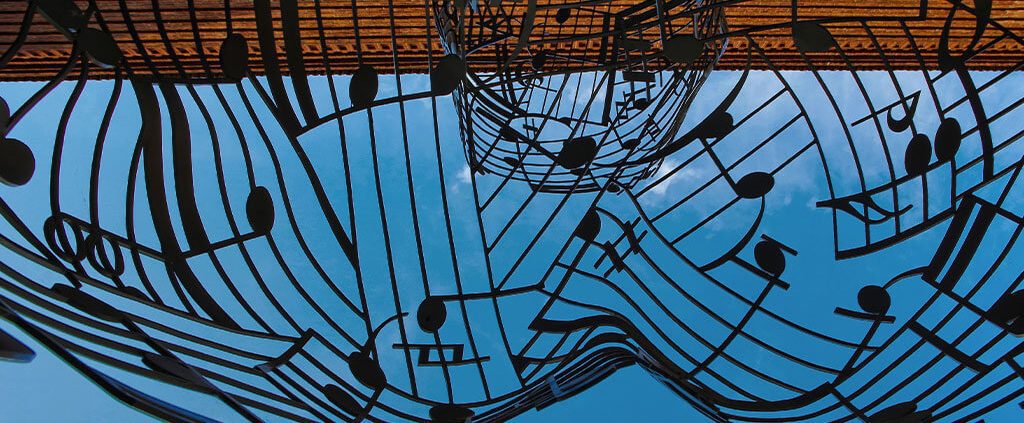History’s Steady Tune
George Jellinek, former host of The Vocal Scene radio program, says “the history of a people is found in its songs.” Years ago, music was a crucial way for slaves in the US to recount their stories, and music was central to the way the Civil Rights movement retold its vision. If you want to know a culture or its people, you have to know the music they used to pass along their stories. This is how the people in ancient Israel used the Psalms—their stories and prayers helped them to remember God, particularly in the long years when God was silent.
Psalm 82 is a song inhabiting one of those God-droughts when the people’s hope in God did not match their experience of God. The Jews believed God to be righteous and good, one who gives “justice to the poor and the orphan” (Psalm 82:3). However, their experience had bruised their persistent faith. Rather than being protected, the poor and helpless were in “the grasp of evil people” (Psalm 82:4). We understand this. In our world, the greedy often gain power and wealth while the weak, hungry, and orphaned are left to muddle on in poverty. If God is so good and so powerful, why don’t we see more of His power displayed?
Unnerved by their own thinning faith, God’s people prayed. Their song offered bold, desperate, hopeful words. “Rise up, O God, and judge the earth, for all the nations belong to you” (Psalm 82:8). While God’s seeming inaction perplexed them, they believed God was their only hope. Only God could judge. Only God could make wrong things right.
We are not forgotten. This moment is but one refrain of a very long, very old song. From its first chord, history has sung a steady tune. Our faith compels us to sing along. God is the song that history sings.
Taken from “Our Daily Journey”









